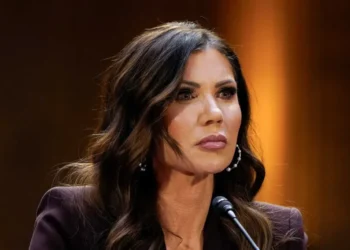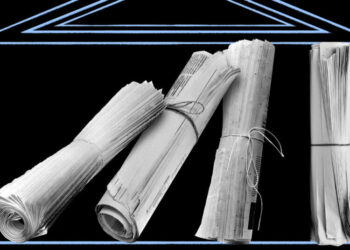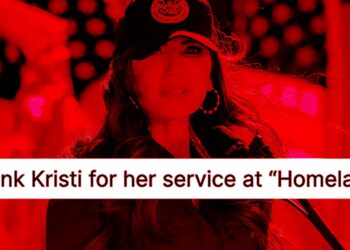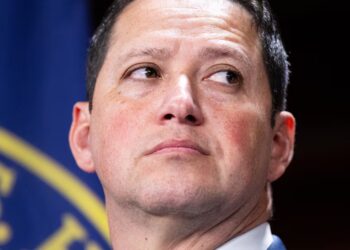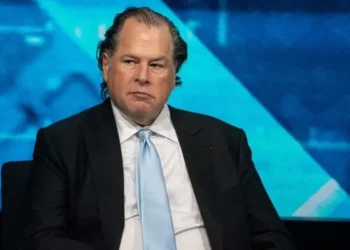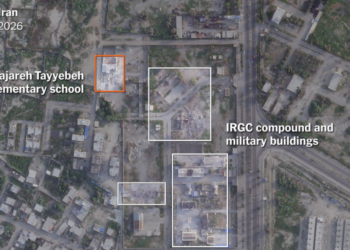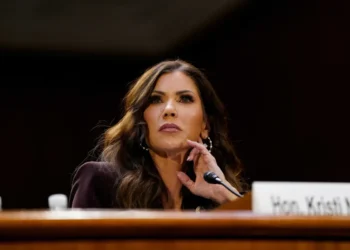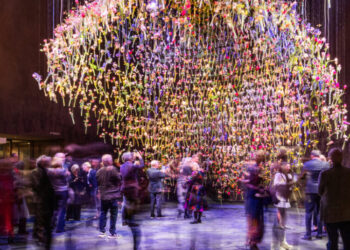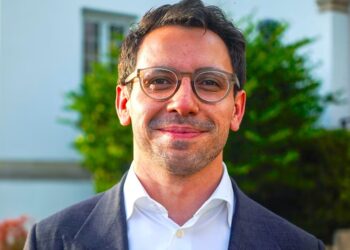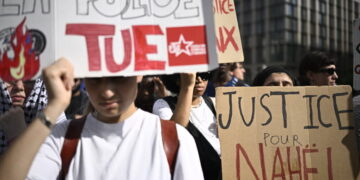Trump’s allegation against Noem would constitute a federal crime: analyst
President Donald Trump caught everyone off guard by suddenly firing Homeland Security Secretary Kristi Noem — but being out of...
The Free Press Is Under Threat Globally
The shadow of press repression is spreading around the world. In the past decade, the number of journalists detained and...
Trump Dramatically Axes ICE Barbie by Giving Her Fake Job
President Donald Trump has announced he is nominating MAGA Senator Markwayne Mullin to replace embattled Homeland Security Secretary Kristi Noem,...
With the World in Transition, Paris Again Emerges as a Mecca for the Arts
When the European Fine Art Foundation returns to Maastricht, the Netherlands, in March, the fair will include a large number...
Trump fires Homeland Security Secretary Kristi Noem, replaces her with MMA Sen. Markwayne Mullin, who tried to fight a teamster during Senate hearing
President Donald Trump on Thursday fired his embattled Homeland Security Secretary Kristi Noem and said he will nominate in her...
TEFAF Maastricht, Known for Old Art, Faces the Future
TEFAF Maastricht, the world’s biggest and most prestigious international fair for art and antiques, is one of Europe’s enduring cultural...
Speaker Asks Cheating MAGA Rep. to Drop Out of Race
Speaker Mike Johnson and other top Republicans in the House have called on embattled MAGA Rep. Tony Gonzales to drop...
ICE Barbie and Alleged Lover to Be Booted Out of Free House
Kristi Noem’s axing from the Department of Homeland Security will likely mean she will also lose the waterfront home where...
Salesforce president says company is ‘appropriately adjusting’ after Marc Benioff’s ICE jokes
Salesforce CEO Marc Benioff Stefani Reynolds—Bloomberg via Getty Images/ReutersLast month, Salesforce CEO Marc Benioff made jokes about ICE during an...
Analysis Suggests School Was Hit Amid U.S. Strikes on Iranian Naval Base
The Feb. 28 strike that hit an elementary school in the southern Iranian town of Minab is the deadliest known...
